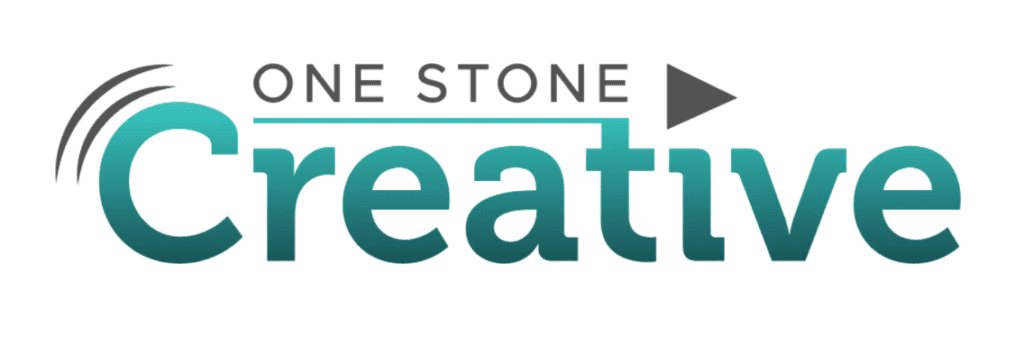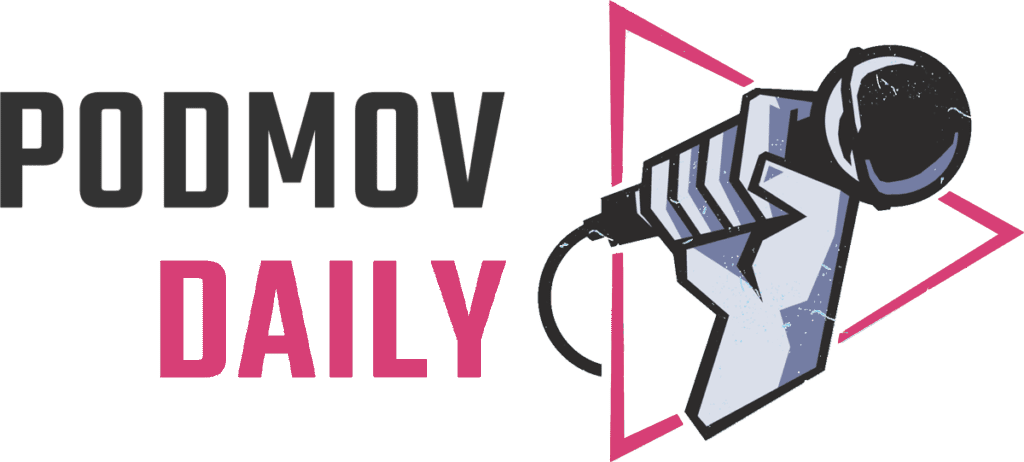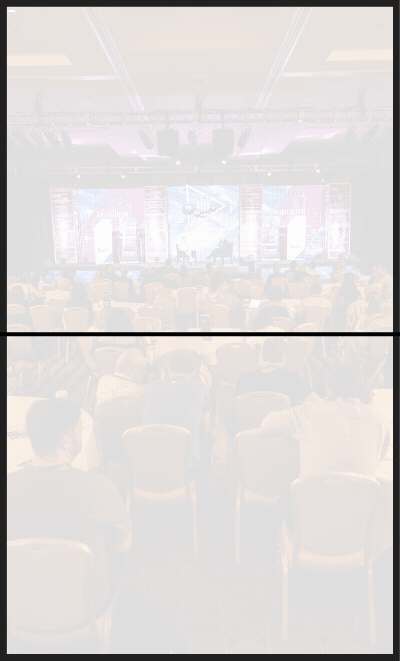

PodMov Daily: Tuesday, March 8
Episode 603: Testing, One Two-sday

A $1M Podcast Budget is Lower Than We Think
Those in the industry that “can't fathom spending 250k on a podcast” can’t have it both ways, says journalist and podcaster Leon Neyfakh (Fiasco, Slow Burn). “The truth is if you're doing original reporting, and are doing a remotely thorough job while not underpaying people [and] forcing insane hours, it costs way more.”
Neyfakh tweeted this yesterday, continuing a conversation in The New York Times about the economics of highly produced shows. After the end of a Luminary deal, his company Prologue Projects will release new seasons of Fiasco as an Audible exclusive. The story of that decision turns the ‘selling out’ narrative on its head.
“The concept of podcasts being cheap/er has hurt the [industry’s] ability to wrap its collective mind around properly resourcing this type of work,” agreed NPR editor Soraya Shockley. A Fiasco producer during their time at Luminary, they’re a strong advocate for real budgets. “Honestly, let’s normalize million dollar shows.”
The 8 Rules of “Semi-Efficient” Story Production
If it’s possible to be a master of narrative podcasting, Karen Given comes close. Published by Transom, her Eight Axioms of Semi-Efficient Narrative Production draw on 27 years with WBUR and NPR. Each concept will help podcasters tell better stories — in spite of limitations on time, budget and access.
Weaving others’ voices into an audio story is a tough process. Given’s actionable solutions insist on quality at every turn. Remote interviews can work, she says. “But here’s the deal. If you’re not going to be there, you need to pay extra close attention to the ways you can bring your listener into the story.”
‘Semi-Efficient’ production is only partially sarcastic. Some elements need to be worked out in your own way, Given reminds podcasters. Back at WBUR, being teased for her structuring style (arranging and rearranging strips of paper) only set the habit. Axiom #8 is a gem: “Don’t be afraid to look a little foolish.”


The State of Business Podcasting Report 2021
What makes a business podcast successful? That answer will vary, but it pays to learn from the top content creators operating in the space. The State of Business Podcasting Report from One Stone Creative (now in its second edition) collects data on the top 100 business podcasts, to find actionable insights for every business show.
This year’s report looks at more than 60 different data points across 8 categories – from branding to show notes, sponsorships to social media and more, providing benchmarks for questions like: “Should I put my podcast on YouTube?”, “What kind of cover art should I have?”, and “What’s the most popular social media platform for business shows?”
The report is free to download and is followed by a detailed analysis of the data, year over year comparisons to the 2020 report, so you can see what is changing in the industry, and action steps you can apply to your own podcast.
Here's what else is going on:
- Seeing stars: The 8th of each month is Podcast Review Day. Celebrate the third #podrevday of 2022 by reviewing a show and posting it to Twitter. Founder Stephanie Fuccio says it best: “This impact, this connection, this feedback, this is why many independent podcasters do what we do.”
- Ahoy there: Tomorrow at 1:00 pm ET is “How to Get Your Podcast Found” from the UK-based MIC’s Podcast Club. Arielle Nissenblatt (SquadCast.fm, EarBuds Podcast Collective) will cover “easy-win” marketing strategies to boost discovery. Submit questions for the Q&A here. Free registration.
- Sonic youth: Spotify’s latest Sound Up accelerator program focuses on the Kids & Family category. 10 aspiring creators from underrepresented backgrounds will receive training, workshops, and equipment to produce a pilot. Applications are open to US residents and will close on April 8.
- Voice talent: The host-read ad marketplace Gumball has raised $10 million to expand. Started by the Headgum podcast network team, the platform aims to make host-read ad campaigns available to indie podcasters “with the same scale, ease, and speed as programmatic advertising solutions.”





Join the Movement